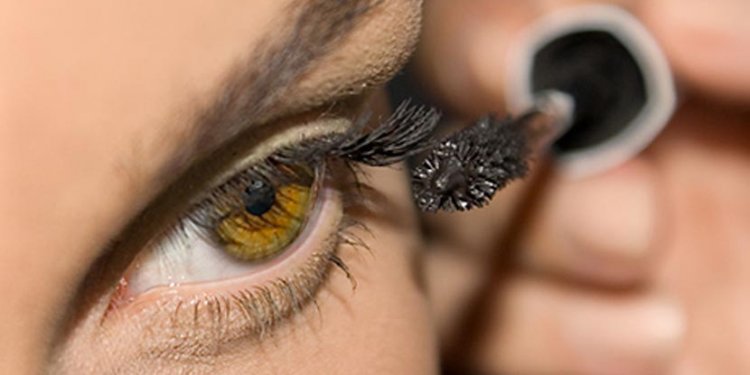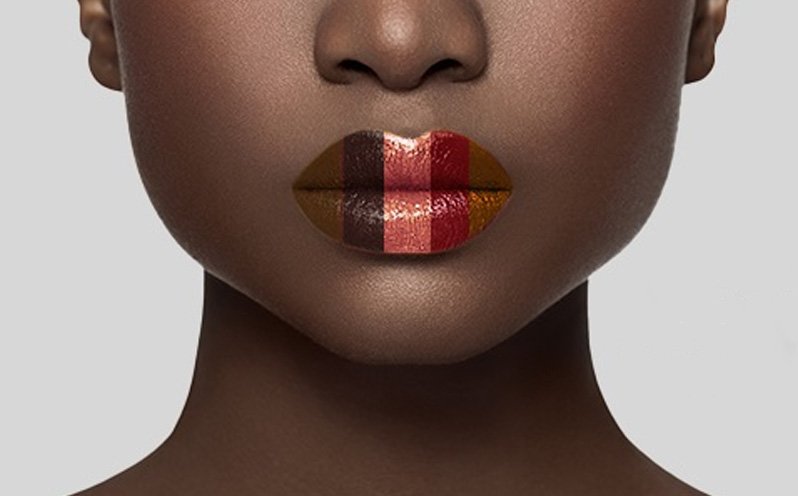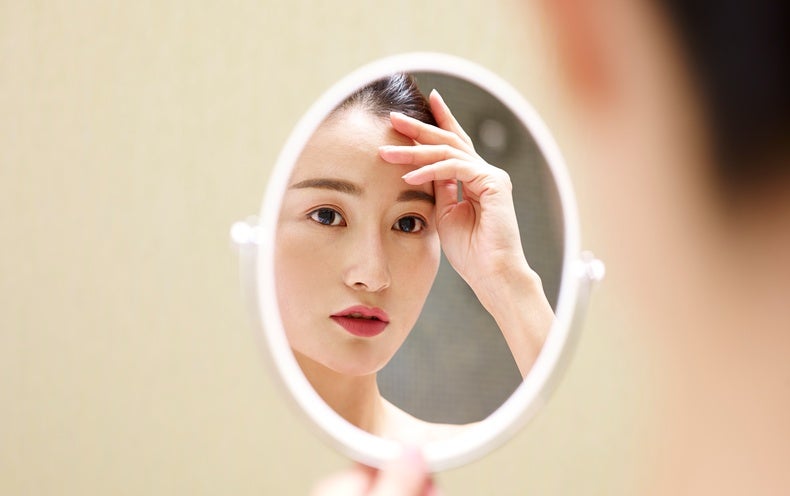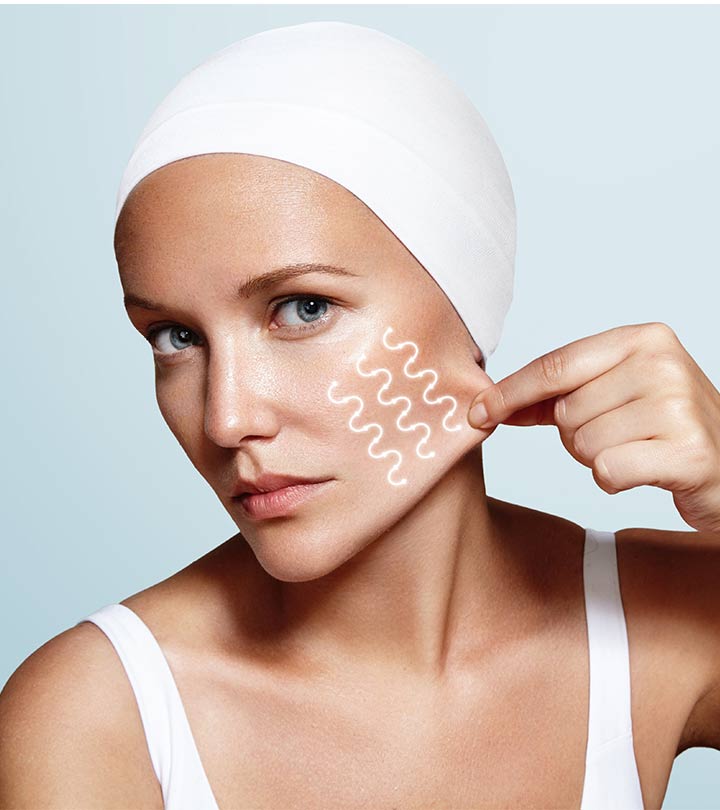Skin collagen production; 11 substances that keep the skin young and fresh
Collagen is one of the most important elements in the health and youth of the human body. Collagen, the body’s most abundant protein, is found in fat, cartilage, tendons, and other body parts. It causes adhesions in different parts and is vital for bone strength. When there is enough collagen in the body, the cells that contain collagen look strong and healthy. In this article, we want to see what foods cause the collagen in the skin at home; join us.

Red bell pepper
Vitamin C, a vital element in collagen supply, is optimally found in red bell peppers. Lack of this vitamin and lack of antioxidants in the diet makes the body unable to produce collagen effectively. Just half a cup of red bell pepper provides 158% of the daily requirement of vitamin C. Grapefruit, kiwi, green peppers, broccoli, strawberries, and oranges are also good sources of vitamin C.
Tip: Once again, instead of pita chips, add freshly chopped peppers, which are crispy and stimulate collagen production.
Tomatoes
This rich source of the antioxidant lycopene protects the body’s collagen from environmental damage. Damage from pollution and UV, in addition to reducing collagen production with age, also destroys collagen. Lycopene protects the skin and its collagen storage. This antioxidant is also found in other red or orange fruits and vegetables, such as watermelon and pink grapefruit.
Recommendation: Tomato cheese is a delicious food prepared quickly and suitable for appetizers or snacks. Preheat the oven to 400 degrees Fahrenheit. Sprinkle Parmesan cheese, garlic powder, and dried basil on the tomato slices. Then bake in the oven for 10 minutes.
Salmon
You probably know that fish should be in your diet because of the beneficial fats it contains, but did you know that these fats protect the skin from fine lines and wrinkles? Salmon is a rich source of omega-3s that reduce swelling and prevent collagen damage due to environmental damage. Excessive exposure to sunlight threatens collagen and its production, causing the skin to swell. Consumption of omega-3 fatty acids in seafood helps reduce bloating and protects collagen. Avocados, walnuts, and chia seeds are other sources of omega-3s.
Tip: To make your diet more omega-3, cook salmon with green salsa, avocado slices, red onion, and lemon juice.
Be careful not to confuse salmon with salmon. Although some sellers may offer some types of salmon under the name of salmon, you should know that salmon is not produced in Iran.
Sweet potatoes
Sweet potato is a strong and natural collagen builder. By consuming just one sweet potato, you will meet up to 6 times your daily requirement of vitamin A and keep your skin and joints healthy. Vitamin A is a powerful collagen builder that targets the body’s neural messages and helps store more collagen. In addition, according to the National Institutes of Health, vitamin A plays a role in cell growth and plays a key role in the natural and flawless formation of organs, including the skin, as the body’s largest organ. Vitamin A is also found in carrots, cantaloupe, mango, and apricots.
Suggestion: Sweet potato puree as a smoothie is a good drink for autumn, especially with frozen bananas and a little cinnamon or nutmeg.
Low fat turkey
Different types of amino acids are involved in the production of collagen. Therefore, protein intake is important enough because it is composed of amino acids. Turkeys are a good source of healthy protein (low-fat or high-fat), especially lysine. Lysine is one of the most important amino acids for collagen production. Proline, glycine, and lysine are the three main amino acids for collagen production. Lysine is important because it is not produced naturally in the body, so we must take it orally. Turkey is also a rich source of choline (from the B vitamin family), which is converted to glycine to produce collagen. If you are a vegetarian, you can get lysine from non-plant sources such as soy, especially tofu and almonds.
Tip: You can eat turkey with pasta and cheese.
Eggs
Egg yolk is a rich source of choline and therefore helps the skin’s collagen production process at home. If you are worried about high cholesterol, you should know that every healthy person can get 300 mg of cholesterol daily. This amount is 200 mg for people with high cholesterol, people with diabetes, and heart patients. A large egg has about 190 mg of cholesterol. Chickpeas, beans, turkey, salmon, and kale are also good sources of choline.
Tip: Preheat the oven to 350 degrees Fahrenheit. Put the beaten eggs in a muffin tin with vegetables such as peppers and tomatoes and place them in the oven for 20 minutes. You can prepare this food as a quick breakfast.
Sunflower seeds
Every 30 grams of sunflower seeds provides 37% of the daily requirement of vitamin E. This vitamin, like other antioxidants, fights free radicals and the damage they cause to wrinkles. Almonds, wheat germ, hazelnuts, and peanut butter are other sources of vitamin E.
Tip: A variety of tuna salads with a handful of peeled sunflower seeds is a delicious meal. You can also garnish avocado paste with sunflower seeds.
Aloe vera
Aloe vera has long been used to treat and relieve wounds and can be a powerful collagen builder. Topical and even oral consumption of aloe vera stimulates collagen production. Aloe vera can be applied directly or raw to the skin, or you can use various products on the market that contain aloe vera. Studies have shown the effect of oral consumption of aloe vera on skin strengthening.
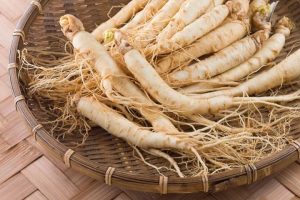
Ginseng
Ginseng has anti-aging effects and is effective in collagen formation of the skin. Ginseng is easily absorbed into the skin without the side effects of chemical drugs and helps the skin maintain its original state. Evidence of the effect of ginseng on collagen production has been found. Studies have also shown that ginseng has a protective effect against UV rays. Taking a ginseng supplement or drinking ginseng tea releases antioxidants into the bloodstream, protecting healthy cells and brightening the skin.
Coriander
Coriander, which is used in many foods, contains vitamin C and linolenic acid, which studies have shown to have anti-aging properties. Linolenic acid also contains antioxidants that fight free radicals in the blood that damage cells. Coriander extract can be used orally as a detoxifier.
Algae
Seaweed has become more popular as an element for skincare and beauty. Most skin damage is caused by oxidation or exposure to harmful elements such as pollution. Seaweed prevents oxidation and loss of skin and collagen elasticity. You can use seaweed in food or as a supplement.
Should we take supplements to make collagen in the skin or not?
Collagen supplements are a hot topic these days. Various companies worldwide produce collagen powders and tablets and increase their ability to rejuvenate the skin, strengthen bones and cartilage, and strengthen hair and nails. But according to some experts, collagen supplements can not be confidently introduced as the best way to absorb and store collagen.
Some nutritionists believe that taking supplements is a waste of our money because our bodies do not use the extra collagen we receive. In contrast, a balanced diet of low-fat protein, healthy fats, fruits, and vegetables contains all the elements needed to produce collagen. In addition, a healthy diet usually contains beneficial nutrients that stimulate collagen production, including collagen production in the skin and prevent collagen breakdown due to environmental damage. So you may not need to spend your money on collagen powder or supplements.
Some collagen supplements are associated with side effects such as excessive calcium production, allergic reactions, and joint pain. Beware of collagen supplements, especially if you are allergic to seafood and meat products.

Tips for maintaining skin collagen:
If you want your skin to stay young and healthy:
Do not expose yourself to too much sunlight or under tanning beds.
Avoid smoking because it is the enemy of young skin and causes premature aging of the skin.
Do not leave the house without sunscreen and skin protection.







